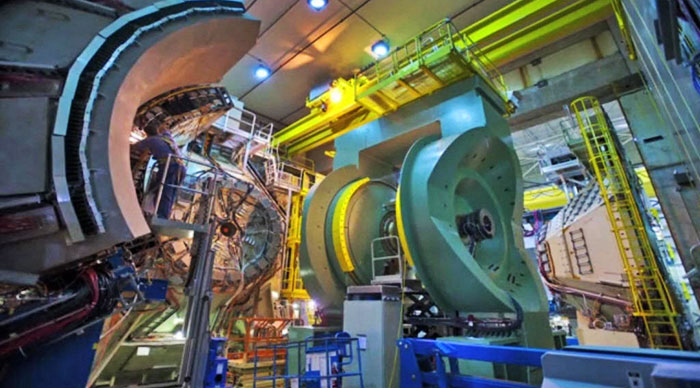|
from
Vimeo Website
So it is in the world of science as it is practiced today.
The ambitious and beautifully produced new
documentary Strange Matters shows us a scientific landscape
populated by the most brilliant minds of our time - all collectively
accelerating discoveries which could hold the power to destroy us
all.
When properly manipulated, this liquid quark serves as the most explosive element in the known universe, and can consume and destroy all planetary mass.
Spokespersons for the industry itself downplay these risks by appealing to the public's insatiable appetite for innovation.
Many of the eye-opening revelations presented in Strange Matters, lie in stark contrast to our general view of science as a positive force for the betterment of mankind.
As explained by Otto Rossler, one of the founders of Chaos Theory and a valuable contributor to the film,
This dynamic is apparent throughout the history of scientific innovation, particularly in the doomsday functions of an invention such as the atom bomb.
The film argues that current research involving particle manipulation and manmade black holes carry the threat of even greater devastation.
Strange Matters contains ample servings of dense scientific data, but presents this challenging information in a clear and easily digestible manner.
Beyond the science, however, lies a troubling ethical conundrum:
|


